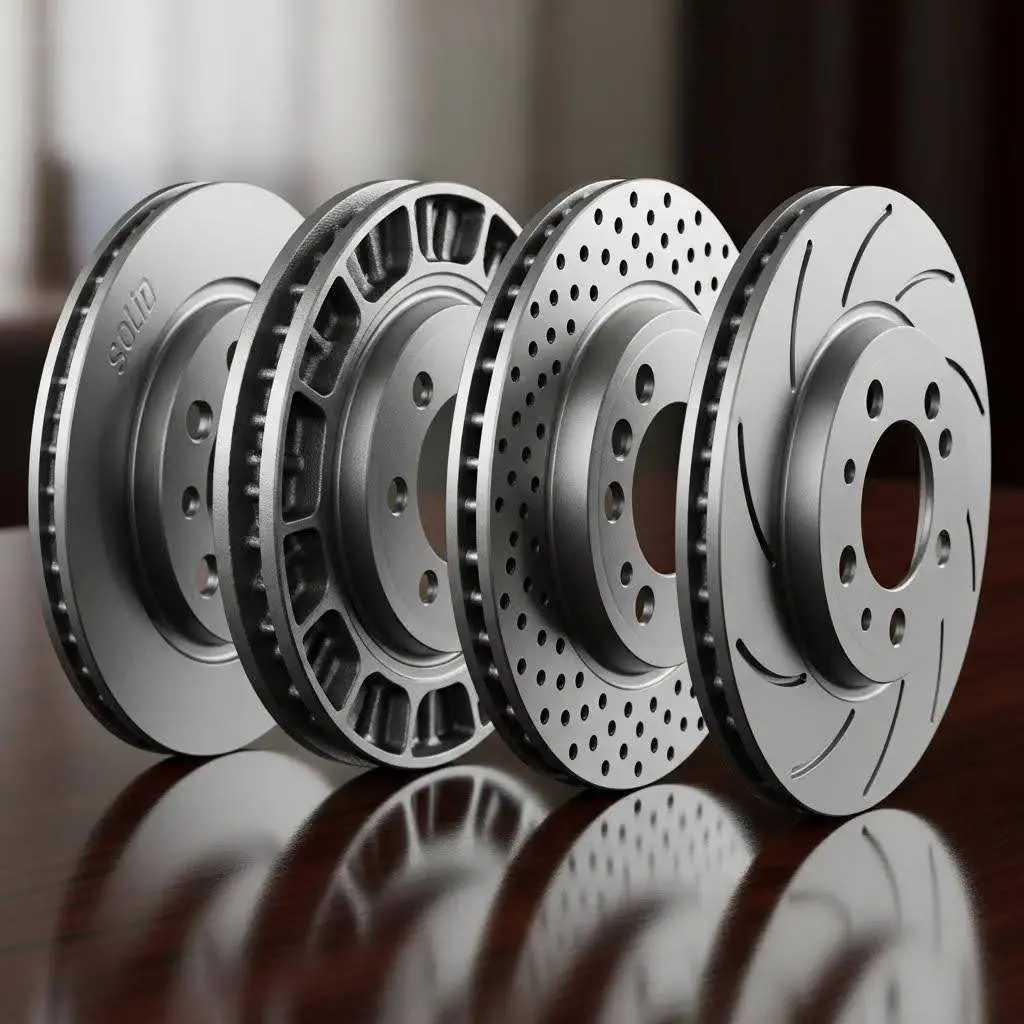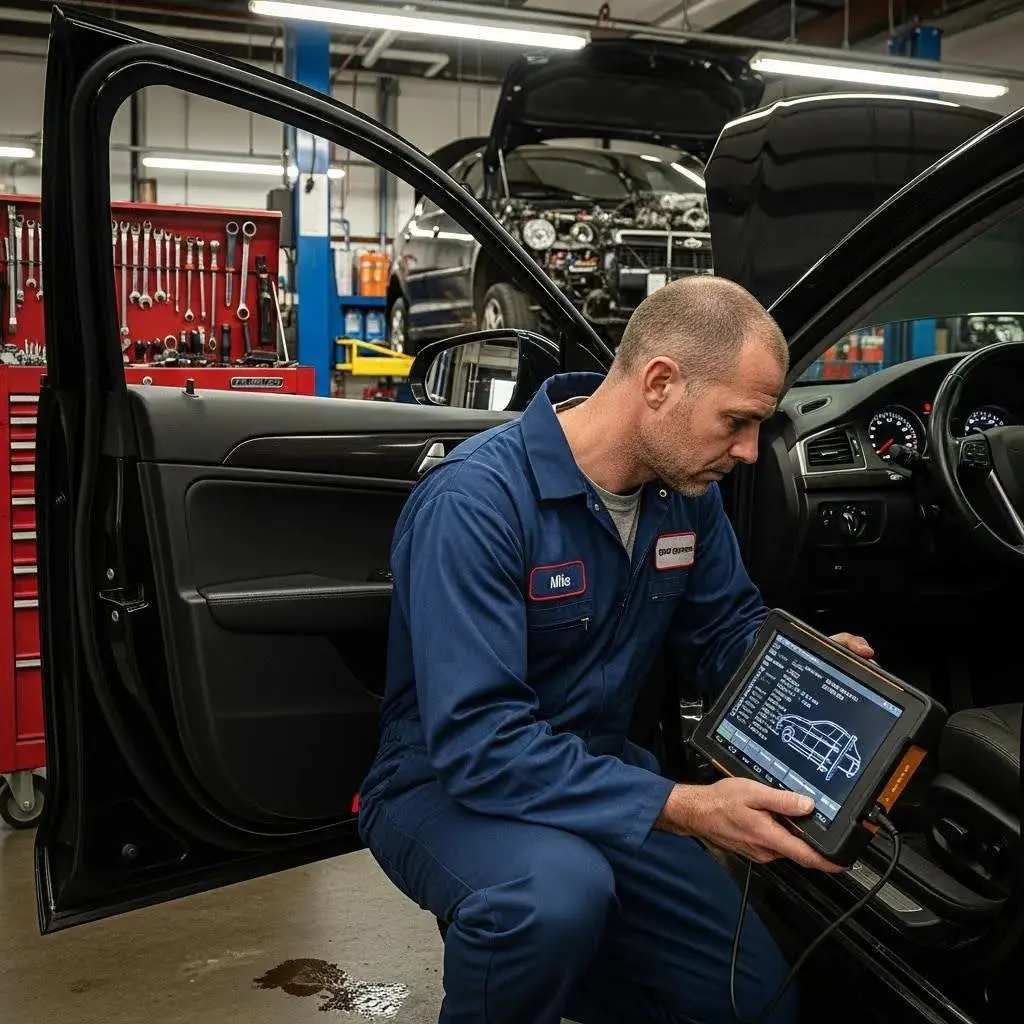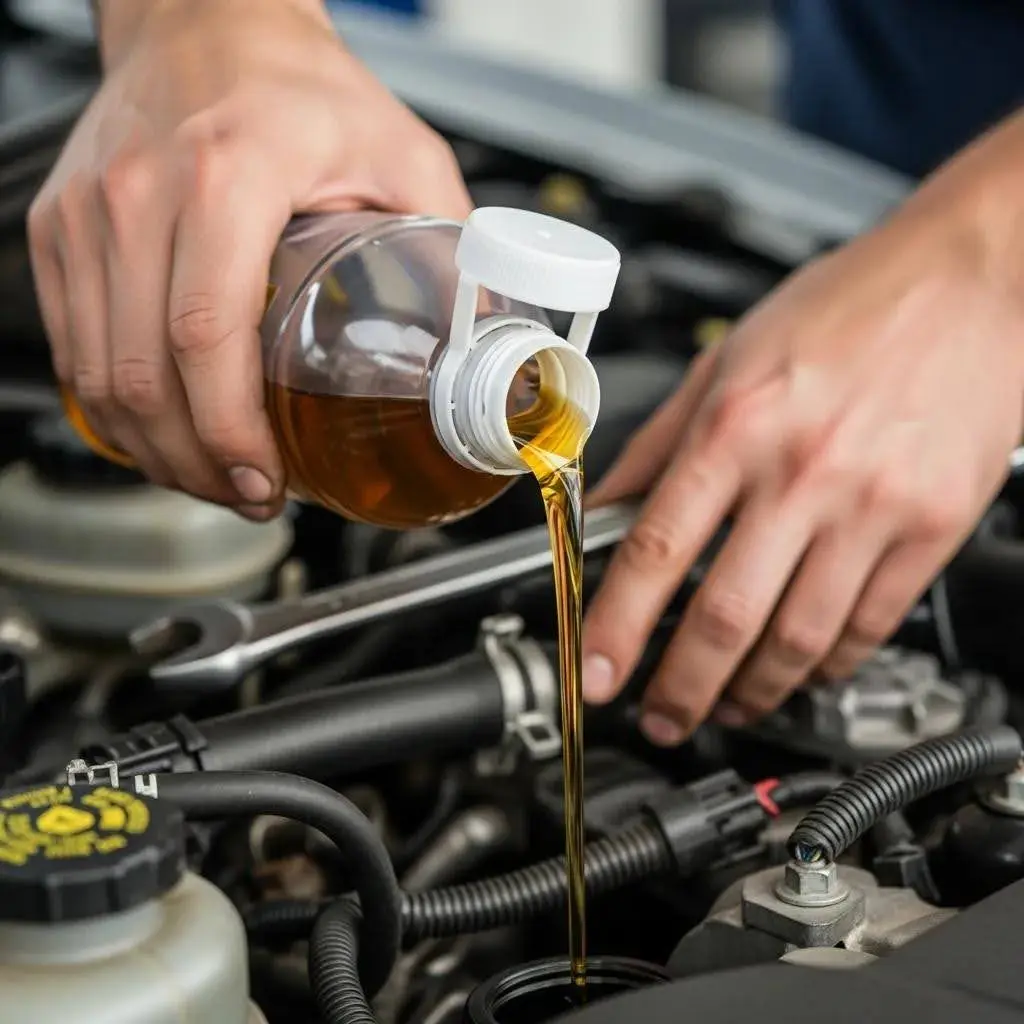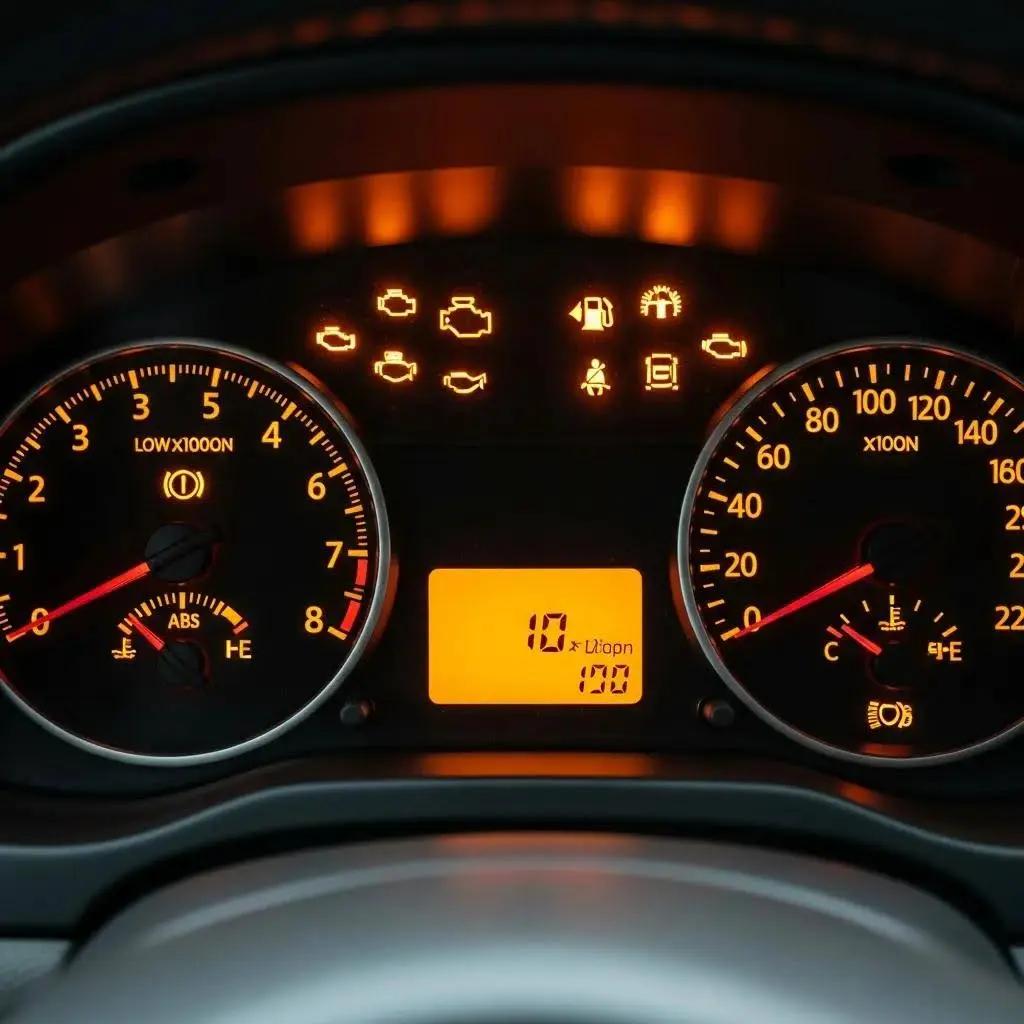MOT test changes explained
MOT test changes explained – and why it is now harder for vehicles to pass
Failing an MOTwill currently be easier than ever before, with recent categories split into Dangerous, Major and Minor – and there is a particular warning for diesel auto drivers.
New MOT lawscome into force and the first major overhaul in 5 years. The alterations to the laws mean it’ll be difficult than before for cars to pass their MOT test. The cars are to be put through harder emissions checks and errors rated in 3 defect categories.
New Dangerous, Minor and Major categories that’ll be applied to every car in order to meet the EU Roadworthiness package, with Dangerous and Major Issues resulting in mechanical failure. Vehicles with Minor defects will be allowed to pass and the issues will be recorded, but for those that fall into a Dangerous section will be subject to an automatic fail.
Very simple mistake that can see you punished £2500 even though your car MOT is in date!
Monitoring of Dashboard is also set to acquire stricter as every lit warning light will outcome in the failure of the car MOT test. In the past, as-long-as your Vehicle deemed roadworthy, you’d keep driving it even after it failed, given your previous MOT was still valid. Diesel Vehicles will also be facing harder laws.
Any Vehicle that has been fitted with diesel particulate filter which gives out visible smoke of every color, during car tests will acquire a Major error and also automatic fail. And any car that has DPF which looks as if it is eliminated or tampered with will not pass – unless it can be proved it has been completed so for filter cleaning.
Neil Barlow, Boss of MOT policyfor cars Standard Agency and Driver stated; new laws will help motorists do the correct thing. He added, we are altering the working on the certificate. We have completed a lot of research with motorists to find out what kind of details help.
New rules every Vehicle driver needs to know about – form MOT laws to driving test alterations
Steering is also to be seemed at in the DVSA‘slatest criteria. A steering box leaking diesel would be a minor issue but if the diesel dripping badly it’d be pushed up to major to fail.
Reverse lights and brake discs will be checked and inspected to see if they’re significantly or clearly worn. Minor issues refer to those which have no major effect on the safety of the car or impact on the atmosphere.
Major defects might see the car being less safe and have and a big impact on the environment, placing other route users at risk.
Dangerous faults have an immediate risk to road safety and have no impact on the atmosphere. The new laws wills start from 20th May but a RAC spokesman stated they fear the alterations could end-up confusing motorists.
He stated, Rather than MOT failures easily being white and black, the new ecosystem makes the potential for confusion as car mot checker will have to make a judgment as to whether issues are Minor, Major or Dangerous.
Motorists might also trash about to tell the difference.
What is the difference between them?
Minor defects will be stored, and the holder advised to get them fixed – but the vehicle will still secure its test. These defects will also be added to the vehicle’s MOT certificate and internet record. Anything resulting in Major or Dangerous classification will mean a rapid fail.
A Minor defect would be an issue such as oil leaking, though, this’d escalate to a major if the oil leak was so bad as to be dripping.
Why are diesel vehicles mainly affected by the new laws?
A crackdown on car emission is evident in the latest test. If your vehicle puts out any smoke whatsoever, it would not pass the MOT test.
Checkers are also being told to do via checks of vehicle’s DPE to make sure that they have not been tampered with – or eliminated completely. The instruction read that: any cars fitted with a DPF should be checked so that no visible smoke is emitted from the exhaust during the metered test.
A few new things will be included in the MOT
They include testing:
if the brake fluid has been infected
if tyres are clearly underinflated
warning lights and if discs or brake pads are missing, and whether they’re correctly attached to the wheel hubs too
for fluid leaks posing an ecological threat
headlight washers on cars first utilized from 1 Sep 2009
reversing lights on cars first utilized from 1 Sep 2009
daytime running lights on cars first utilized from 1 Mar 2018 (most of these cars will have their primary MOT in 2021 when they are three years old)
One more instance of Minor defect is of a brake hose is little damaged. Though, if it’s widely damaged, twisted, it will mean a major defect – and will cause the vehicle to fail. There’ll be many other smaller alterations to how a few items are tested. Your MOT center will be capable to tell you about these.
Are there any other alterations?
Checkers are now asked to check whether or not discs are corroded or worn, while they must also make sure that they’re correctly attached to the wheel hubs too.
The design of the certificate will change and it’ll list any issues under the new categories, so they’re simple to understand.
The service to car mot checker history of a car will be updated to reflect the changes.
Some cars over 4-decades old would not need an MOT
Vans, Cars, motorcycles and all other light passenger cars would not need to have an MOT if they are over 4 decades old and have not been considerably changed.
Previously, just cars first built before the 60s are excused from needing an MOT. Now cars would not an MOT from the 40th celebration of when they’re registered.
Tags :
Share This :
Categories
Have Any Question?
Do not hesitage to give us a call. We are an expert team and we are happy to talk to you.
- 01795 422040





